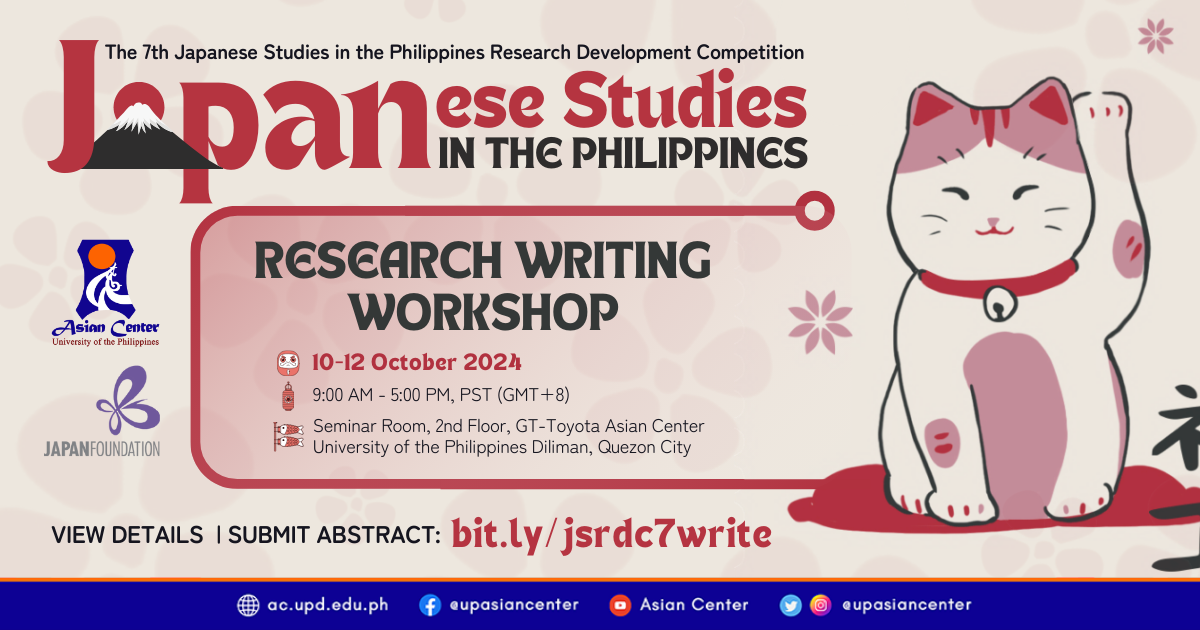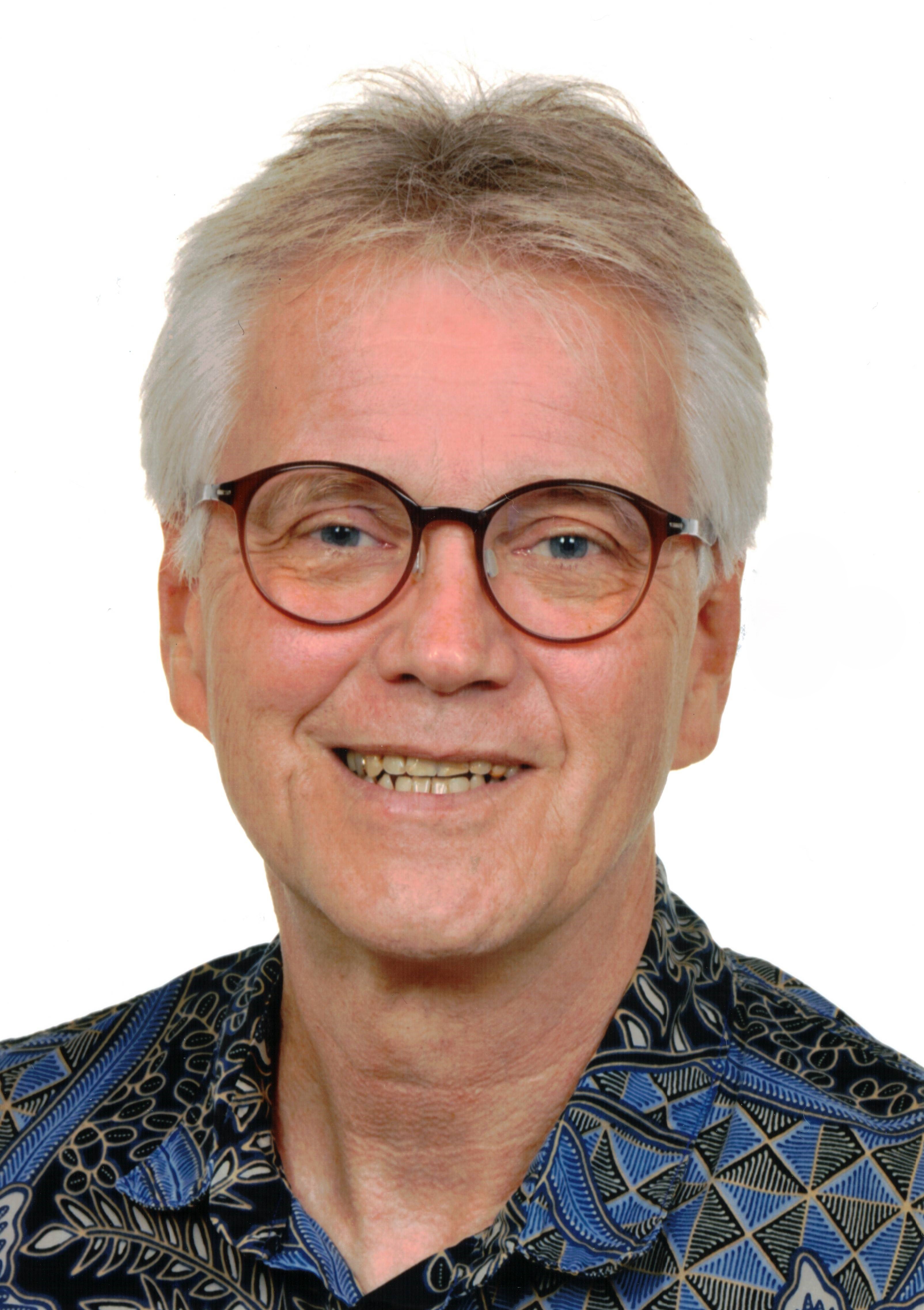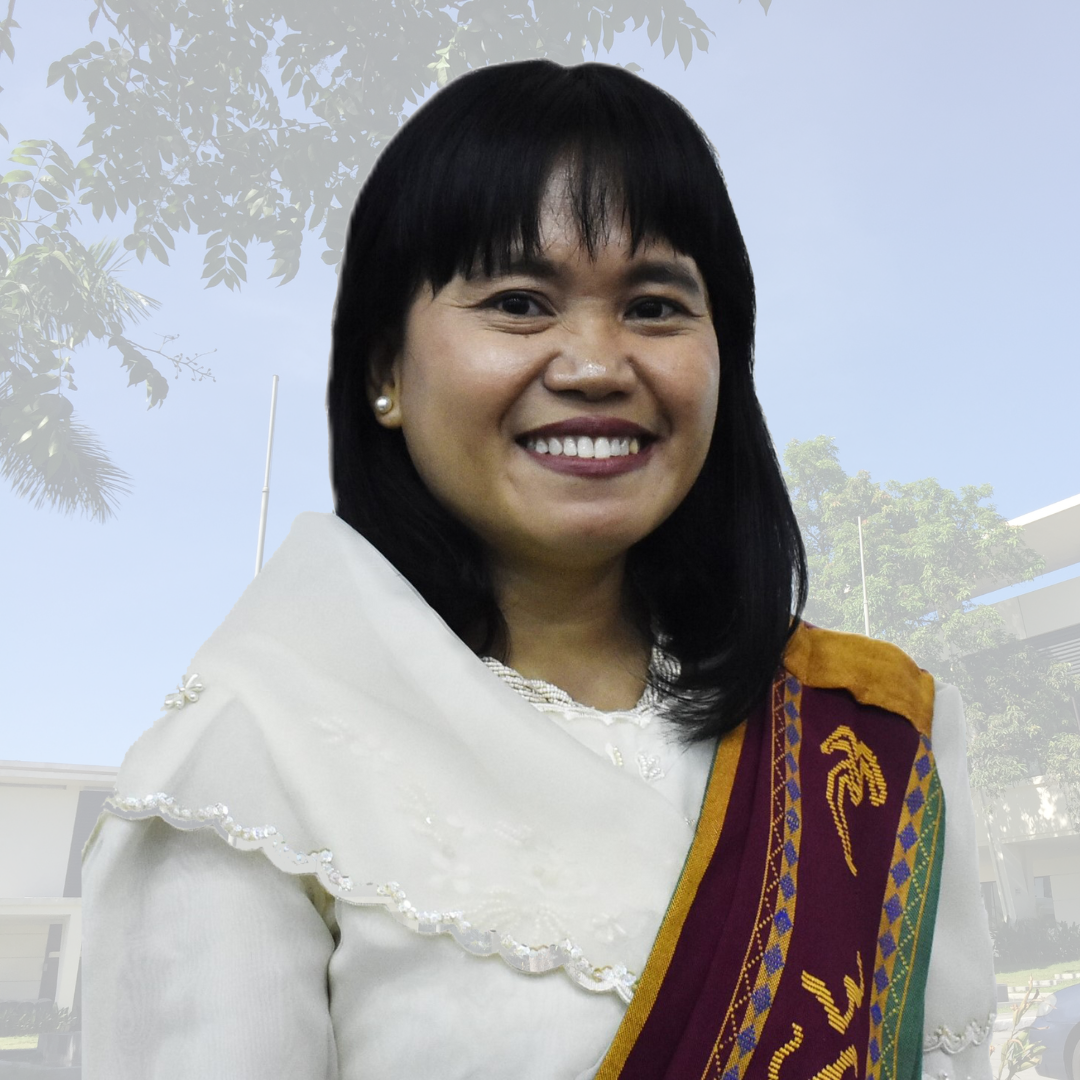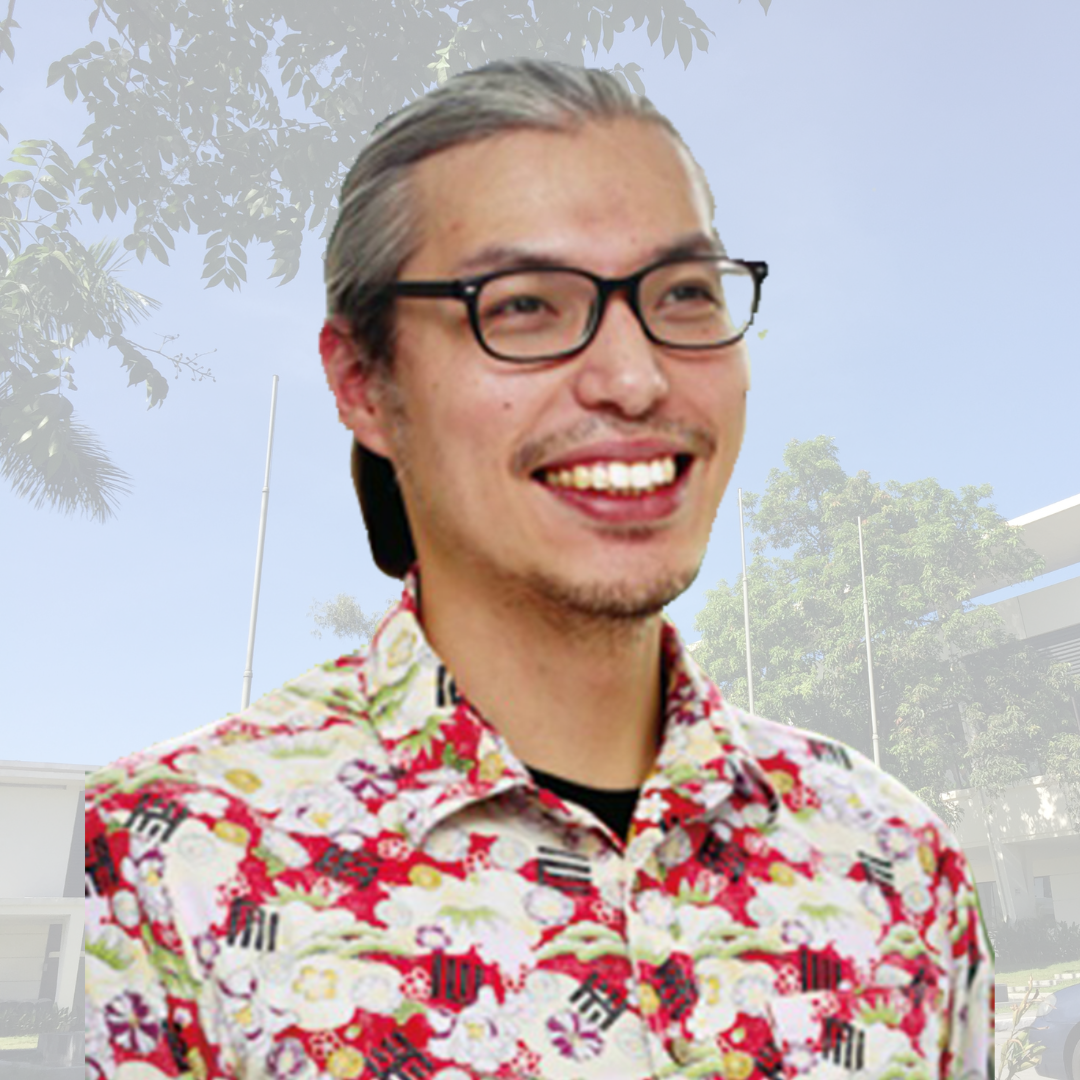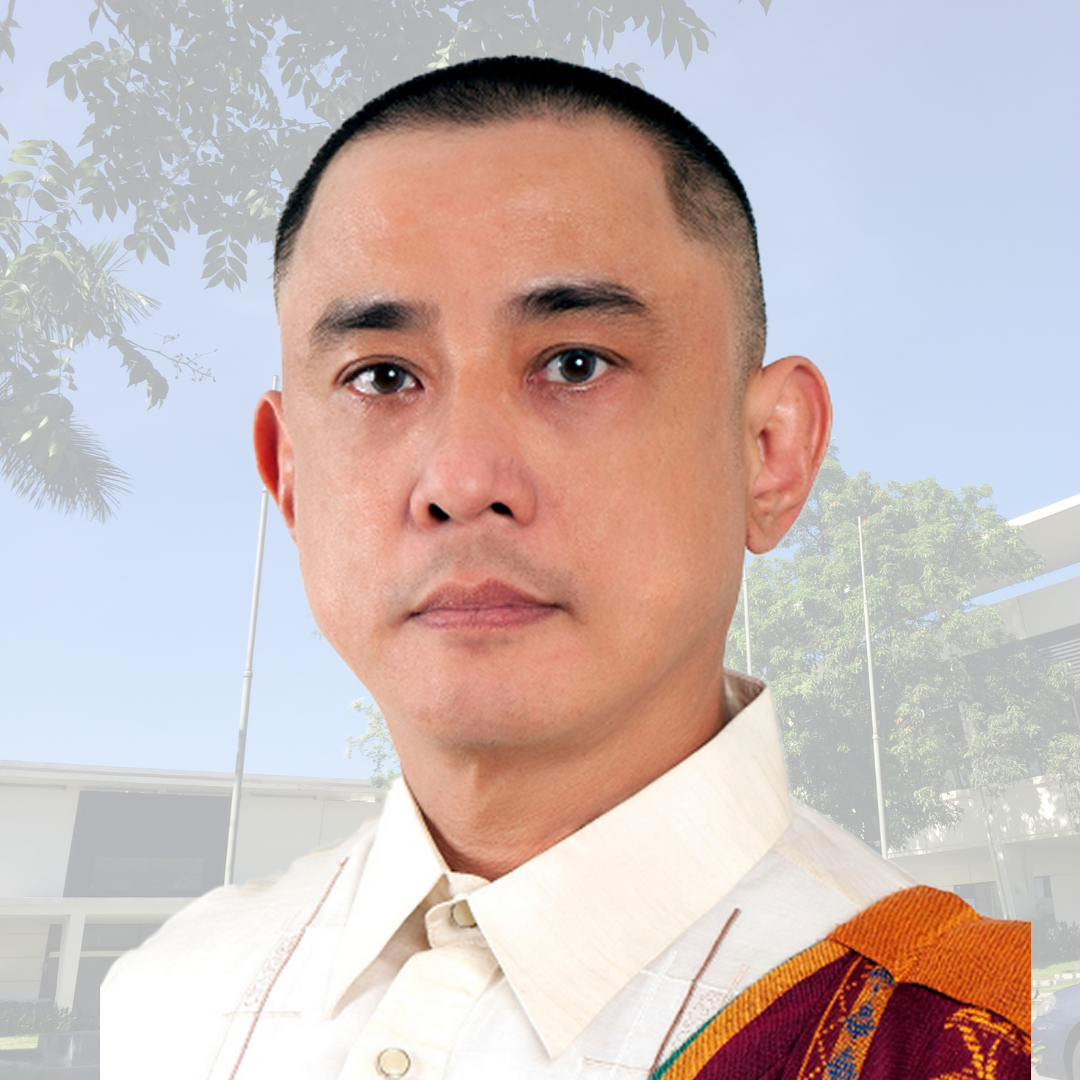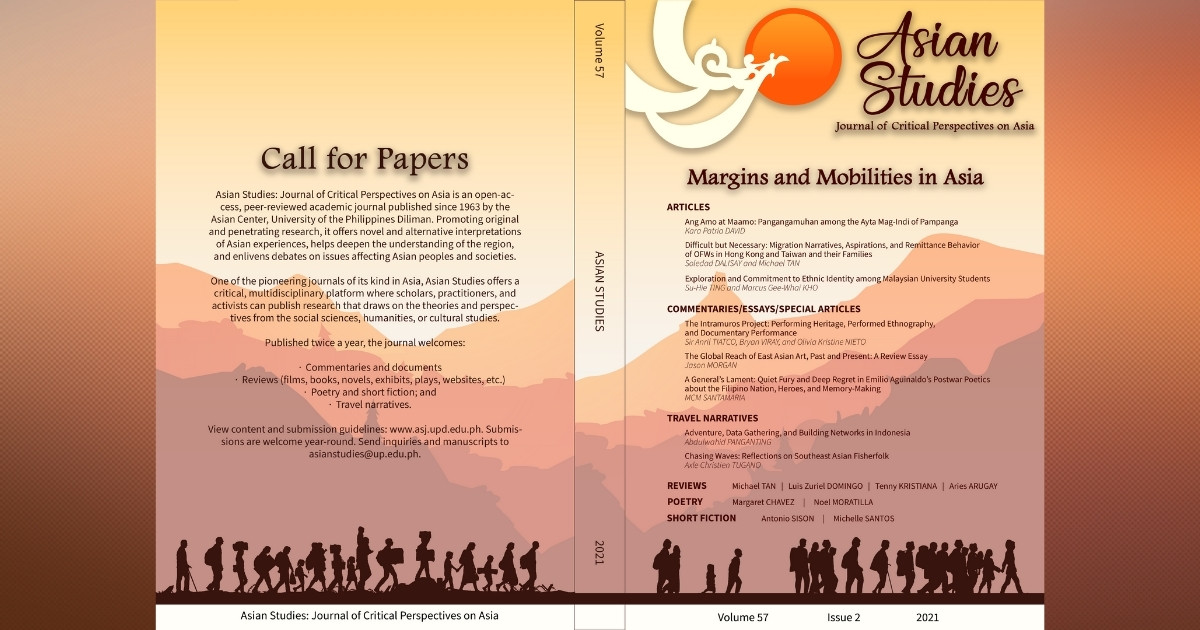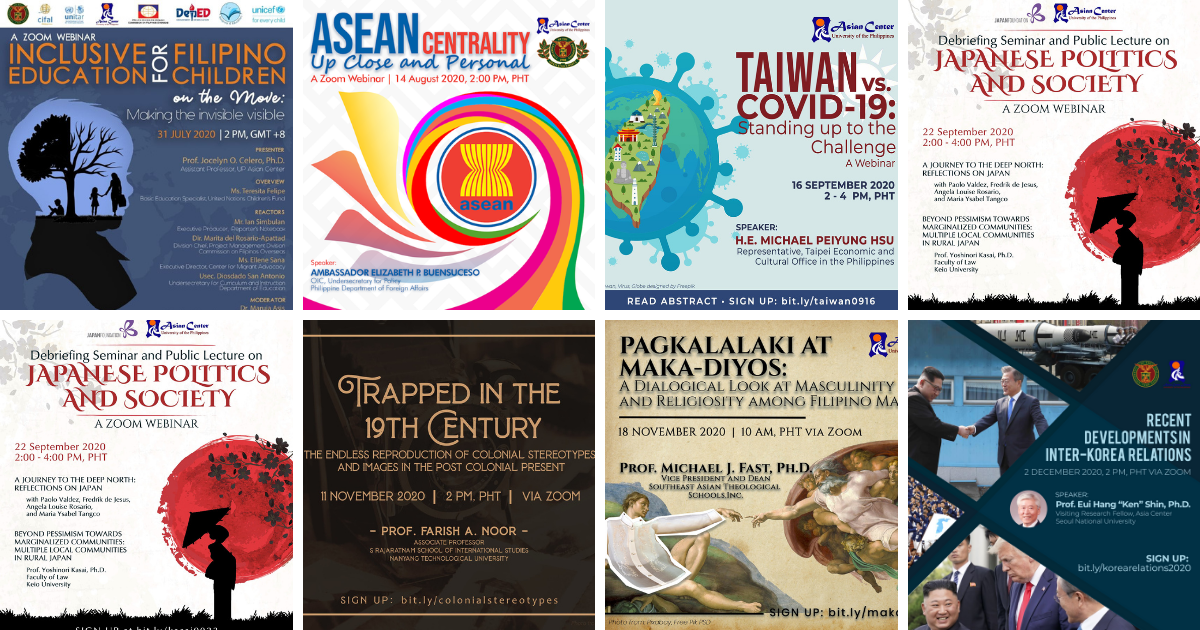The UP Asian Center in partnership with the Japan Foundation Manila, will hold a Research Writing Workshop on 10 - 12 October 2024, 9:00 AM - 5:00 PM (GMT+8), ONSITE at the Seminar Room, GT-Toyota Asian Center, UP Diliman. The event is free and open to the public.
ABOUT THE SPEAKERS AND THEIR PRESENTATIONS
Lead Goose? Looking at Japanese Business in Southeast Asia
Japanese companies have a long-standing presence in Southeast Asia, where they have significantly contributed to the region’s economic development through extensive production and sales networks, setting a benchmark for other nations. However, over the years, their roles have changed, and their visibility in consumer goods markets has diminished. Despite this, Japanese companies continue to be major investors and employers in the region. An understanding of their current motives, operations, and future directions therefore remains important. This presentation will explore the historical development of Japanese companies in Southeast Asia and suggest avenues for researching contemporary Japanese business activities in the region.
HENDRICK MEYER-OHLE, Ph.D.
Professor of International Business, Meiji Gakuin University
Dr. Hendrik Meyer-Ohle is a Professor of International Business in the Department of International Business at Meiji Gakuin University (Tokyo). At Meiji Gakuin University he teaches courses on International Management, International Human Resources Management, and the Internationalization of Retailing. Before joining Meiji Gakuin University in April 2024, he taught and researched in the Department of Japanese Studies at the National University of Singapore for 24 years. During this time, he also served as Head of the Department and Assistant and Vice Dean of the Faculty of Arts and Social Sciences. His current research interests encompass the organization of human resources management in Japanese firms, challenges and trends in Japanese retailing, and the internationalization of human resources, including the recruitment of foreign employees by Japanese companies. View his full profile.
How to Write Abstracts
JOCELYN O. CELERO, Ph.D.
Associate Professor, Asian Center, UP Diliman
Jocelyn O. Celero, Ph.D. is an Associate Professor at the Asian Center, University of the Philippines Diliman. She took her Doctor of Philosophy in International Studies from Waseda University, Tokyo, Japan. Her research interests include Contemporary Japa, Japan-Philippine Relations, Filipino Migration to Japan, Japan and Southeast Asia, and Family and Youth Studies.
How to Write a Publishable Japan Research
KARL IAN CHENG CHUA, Ph.D.
Assistant Professor, Asian Center, UP Diliman
Karl Ian Cheng Chua, Ph.D. is an Assistant Professor at the Asian Center, University of the Philippines Diliman. He served a Professorial Lecturer at the UP Asian Center. He has recently completed his posting as a visiting professor at the Graduate School of Social Sciences, Hitotsubashi University. He serves on the editorial board of East Asian Journal of Popular Culture, Comics Studies: Aesthetics, Histories, and Practices and Social Science Diliman.
Kogane No Hana: Okinawan Dekasegi And Collective Values as Portrayed in Songs
MATTHEW M. SANTAMARIA, Doctor of Law
Professor and UP Artist, Asian Center, UP Diliman
Dr. Matthew Santmaria is Professor and the Assistant to the Dean for Cultural Affairs at the UP Asian Center. He obtained his Doctor of Law in Political Science in Kyoto University. He handles courses in Asian Studies and Philippine Studies at the UP Asian Center.
PAPERS TO BE PRESENTED
1. Peacemaker: A Diplomatic History of the Magsaysay Administration and Japan, 1953 - 1957
2. Pokemon 101: A Worldwide Domination of a New Culture
3. Psychological Impact of War: Exploring the Selected Japanese and Filipino Films about Trauma and Loss
4. Counting Calories: Escaping Food Insecurity through Nutrition during the Japanese Occupation of the Philippines (1942-1945)
5. Discourse through Decalogue: A Preliminary Conceptual Analysis of Chomin through Mabini
6. Poetry Beyond Borders: A Preliminary Study on Japan Airlines (JAL) Foundation’s World Children's Haiku Contest in Japan’s Cultural Diplomacy
7. Exploring the Impact of Japanese Hierarchical Structure in Youth Friendships and the Filipino’s Great Refusal
8. Anime Families: Analyzing the Structure and Dynamics of the Main Characters' Family in Selected Anime Films
9. Tubong and Omotenashi: A Comparative Analysis of Hospitality and Cultural Expression
10. The Nature of Accountability in the Japanese Society: On the Japanese Government Officials Resigning as an Expression of Accountability in the Government
11. Tradition and Modernity: A Comparative Perspective of Adaptations in Japan’s Tanabata and Marinduque’s Tubong
12. A Light Leak: Ikigai as Remembering, Repeating, and Working-Through in Hirokazu Kore-eda's Post-memory Films
13. Realizing Reality Shows: A Critical Analysis on the Construction of Queer Representation in Japan through Netflix's The Boyfriend (2024)
14. Cross-Cultural Identity and Theater: Japanese Puppet Theater Bunraku and Reflections from Filipino University Students
15. Soft Power Through Gacha: Exploring How Japanese Culture Is Transmitted Among Ilonggo Gamers
16. "PLEASE I'M A STAR!" The Evolution and Impact of Japanese Idol Media: A Cultural Analysis
17. MNL48, P-pop Pioneer?: Fan Perspectives and Challenges to Japanese Popular Culture Expansion in The Philippines
18. Menhera: From Mental Health Advocacy to Commodification in the Culture Industry
19. A Phenomenological Inquiry of EFL Educators and Learners’ Experiences with Biblically-Inspired Animations in a Japanese Academy
20. The Clash of Chaotic Brushstrokes: Using Comparative Analysis Between the Postwar Globalization of Abstract Expressionism and Zen’Ei Shodou as a Case Study to Revitalize Contemporary Suyat
21. Japan’s Official Development Assistance to Southeast Asia: A Trend Analysis and Development Impact Assessment (1954-Present)
22. How to Live in a Cesium Earth: Analyzing Anti-Nuclear Energy Discourse in Kimura Yūsuke’s Sacred Cesium Ground (2014)
23. Golden Age of Pangasinan Literature in 1934-1943: An Influence of the Japanese Government’s Cultural Campaign?
24. Bridging Cultures: The Tubong/Putong of Marinduque Philippines and Ikebana of Japan- Exploring Symbolic Traditions
25. The Pursuit of Solitude: Analyzing the Authenticity of Japan's Solo Katsu through Simone de Beauvoir’s Concept of Freedom
26. Kansha Shimasu ( 感謝します): The Reception of Japanese Culture through Arts and Music among Filipino Learners
27. The Festive Asexuality in Romantic Killer (2022) as a Disruptor of Otome Amatonormativity and Compulsory Sexuality
ABOUT THE WORKSHOP
Authors of semi-finalists of the 7th Japanese Research Development Competition will come together for the second phase of the competition. This three-day writing workshop aims to critique the papers through selected reviewers.
COMPETITION PRIZES AND PUBLICATION OPPORTUNITY
• The most well-developed research papers will be judged as winners of the competition.
• Winners will get the latest Apple iPad from the Japan Foundation Manila.
• All finalists will have the chance to publish in the Asian Studies: Journal of Critical Perspectives on Asia.
PHASE 3: RESEARCH PAPER PRESENTATIONS FOR SHORTLISTED PROPOSALS
• All finalists will be required to do an oral presentation during a public forum in March 2024. The presentation must not exceed 15 minutes.
• Failure to present their papers means ineligibility for the competition prizes. Presentations by proxies are not allowed.
ABOUT THE COMPETITION
The research competition aims to encourage Japan-related research among Filipino students, to disseminate knowledge and exchange perspectives on Japanese Studies. The public forum and research competition features paper presentations from undergraduate and graduate students in the Philippines. The event is organized by the UP Asian Center and the Japan Foundation, Manila
ABOUT THE ORGANIZERS
The research competition is organized by the UP Asian Center and the Japan Foundation, Manila. It aims to encourage Japan-related research among Filipino students, to disseminate knowledge, and exchange perspectives on Japanese Studies.
For inquiries, please email This email address is being protected from spambots. You need JavaScript enabled to view it. or call 8 981 8500 local 3586.
The Asian Center, University of the Philippines Diliman offers M.A. degrees in Asian Studies with four fields of specialization: Northeast Asia, Southeast Asia, South Asia, and West Asia. The UP Asian Center also has an M.A. program in Philippine Studies that allows students to major in Philippine society and culture, Philippine foreign relations, or Philippine development studies. It also offers a Ph.D. program in Philippine Studies in conjunction with the College of Arts and Letters and the College of Social Sciences and Philosophy. For an overview of these graduate programs, click here. As an area studies institution, the Asian Center also publishes Asian Studies: Journal of Critical Perspectives on Asia, the latest issue of which can be downloaded at the journal's website. For other news and upcoming events at the Asian Center, click here.


